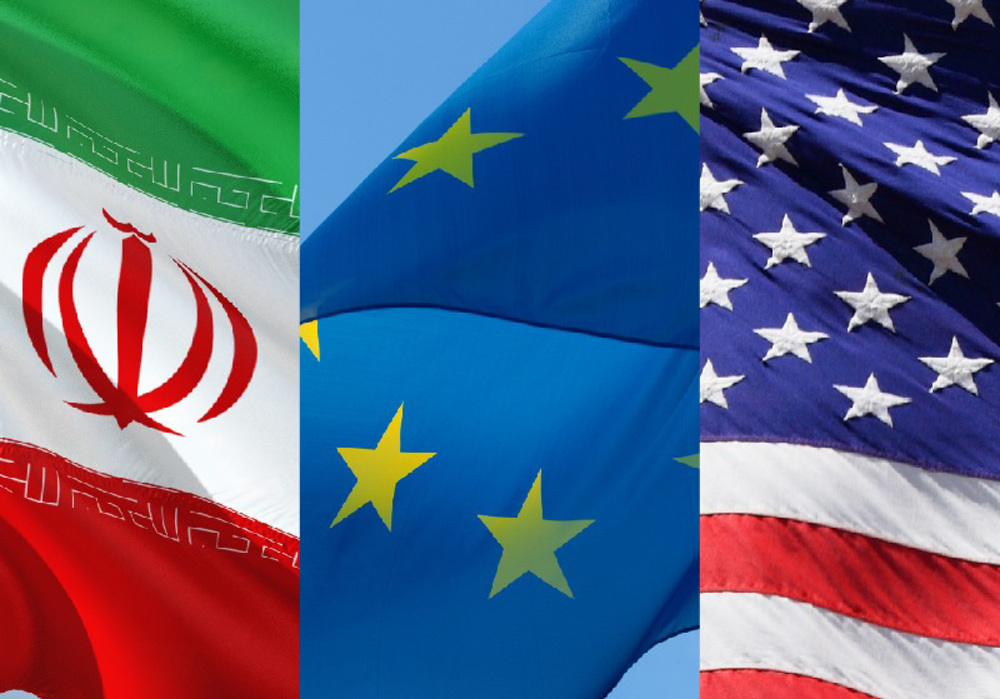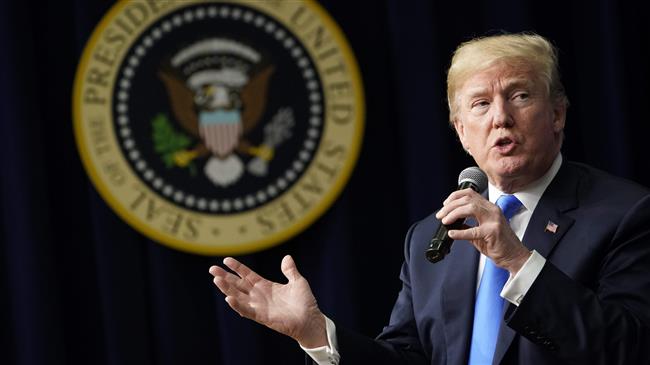Brussels says US should exempt EU permanently from new tariffs
The European Union’s executive arm has announced that a decision by Washington to extend an interim exemption from its new trade tariffs for the EU would not be enough, calling on the administration of US President Donald Trump to make the waivers permanent or face a retaliatory move by the EU.
The European Commission said on Tuesday that Trump’s decision a day earlier to extend the EU’s exemption from tariffs on steel and aluminum was positive, but insisted that the decision could add to the existing uncertainty in the market.
“The US decision prolongs market uncertainty, which is already affecting business decisions,” said the commission in a statement.
French authorities also issued a statement on the matter, reiterating that the EU was not to blame for the overcapacity in the steel and aluminum industries. France's finance and foreign ministries said the issue of overcapacity could be resolved through talks if Washington agreed to permanently exempt the EU from the tariffs.
“We are ready to work with the USA and other partners to deal with those issues, and to develop fast and appropriate solutions,” said a Tuesday statement from the ministries.
The commission also said it understood concerns in the US about the openness of markets on both sides of the Atlantic, adding, however, that any settlement on the issue of trade tariffs should benefit the two sides.
“Any future transatlantic work program has to be balanced and mutually beneficial,” said the Brussels-based body.
The EU’s economic powerhouses, including Germany, France and Britain, were hopeful that last-ditch talks between the EU’s trade chief Cecilia Malmstrom and US Secretary of Commerce Wilbur Ross on Monday would convince Trump to permanently exempt the EU from the tariffs of 25 percent on steel and 10 percent on aluminum.
However, they knew chances for winning such a permanent exemption were slim as Trump has insisted any waiver from the tariffs, which he says are mainly aimed at China, would only come if the EU partners give concessions.
Trump imposed the tariffs last month on the grounds that American producers crucial to military preparedness were being undermined by cheap imports.
The EU countries have warned that they could also impose their own punitive tariffs on US-made goods. Those tariffs would affect 2.8 billion euros' ($3.4 billion) worth of US exports, while the EU’s metal exports to the United States, which could be affected by new tariffs, are worth 6.4 billion euros.

Europe sidelined in indirect Iran-US talks

Spain granted 46 contracts to Israeli military firms since Gaza war began: Report

Spain cancels arms deal with Israeli company over Gaza aggression
VIDEO | Palestinian Prisoners' Day in US highlights links with African-Americans
Lebanon appeals to ceasefire guarantors to press Israel to halt attacks
‘US attacks on Yemen triggering widespread oil spill, environmental hazards for region’
VIDEO | Americans fear impending economic recession
VIDEO | Press TV's news headlines
VIDEO | India-Pakistan tensions escalate after deadly Kashmir tourist attack
Iran FM, IAEA chief discuss latest state of cooperation
US airstrike on Yemeni capital kills 8 people










 This makes it easy to access the Press TV website
This makes it easy to access the Press TV website